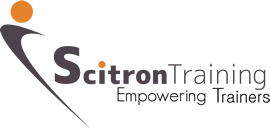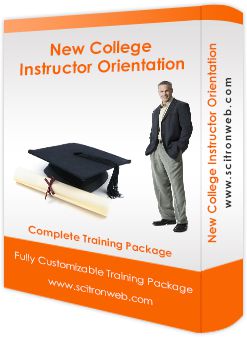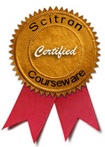This Three-day workshopis a tool for your leadership development. It is designed to help you create and accomplish your personal best, and to help you lead others to get extraordinary things done
At its core, leadership means setting goals, lighting a path, and persuading others to follow. But the responsibility entails much more. Leaders must get their message out in a way that inspires, make the most of their limited time, and build roads to precious resources. They must negotiate alliances, improve their colleagues, and align the ambitions of the many with the needs of the organization.
But what makes for a great leader? Is it something to do with inward characteristics, such as confidence and focus? Is it more about outward presence, including charm and compassion? Or is it about the ability to create a vision and get others to commit to it?
The answer is all of the above. By accepting the challenge to lead, you come to realize that the only limits are those you place on yourself.
Workshop Outline
The Learning Organization
Personal Mastery/Personal Visions
Mental Models
Shared Vision
Team Learning
Systems Thinking
Leadership (with LEAD analysis)
Trust
Change
Time Management
Managers Vs. Leader
Types of Thinking
Ethics 101
Influence Strategies
Relationships (including tips on dealing with conflict)
Problem Solving
Strategic Planning (SWOT Analysis)
Delegation
Criteria for Useful Feedback
Body Language
Meetings
a) Preparing for Meetings
b) Managing Meetings
c) Presentation Tips
Skillful Speaking
Personal Development
Coaching as a leadership Skill
Coach, Role Model, Counselor, Supporter, Guide...do these words ring a bell? Being a coach involves being a role model, sometimes a counselor or supporter, and always a guide. Coaching is based on a partnership that involves giving both support and challenging opportunities to employees. Knowing how and when to coach is an essential skill that can benefit both you and your organization. This one-day workshop will help you become a better coach in all senses of the word.
Introduction and Course Overview
Defining Coaching
o Two Schools
o Why and What?
o Recall
o Coaching Skills
o Pre-Assignment: Coaching Assessment
Interpersonal Communication
o What are Communication Skills?
o Where Can I Improve?
Non-Verbal Communication
Self-Disclosure (Johari Windows)
Five Critical Coaching Skills
More on Communication
Learning Styles and Learning Principles
Benefits/Consequences Matrix
Skills Involved in Coaching
The Coaching Model
Feedback
Coaching Problems
Workshop Wrap-Up


















